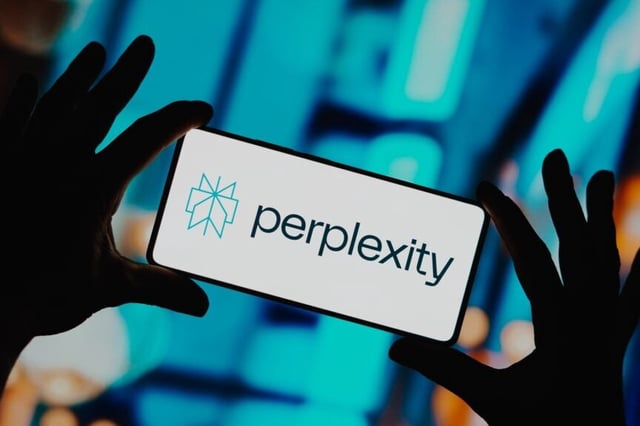Overview
- Forbes and other media outlets accuse Perplexity AI of lifting content with minimal credit.
- Perplexity's CEO acknowledges 'rough edges' but defends the product's benefits to publishers.
- The controversy highlights the ethical and legal challenges in AI-generated content.
- Perplexity's approach contrasts with Google's ad-heavy model, emphasizing user-centric design.
- The incident raises questions about the future of journalism and AI's role in it.



